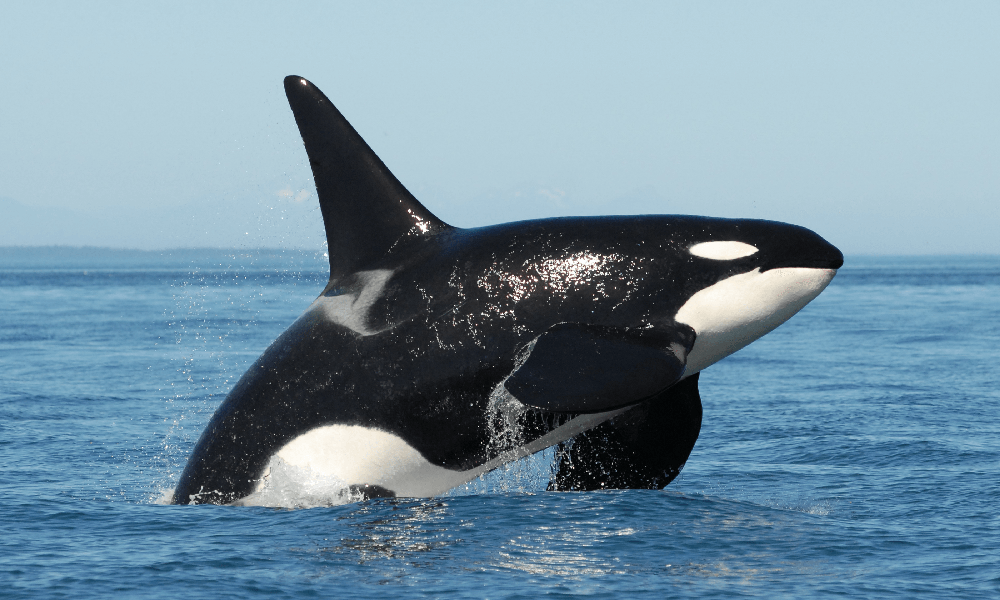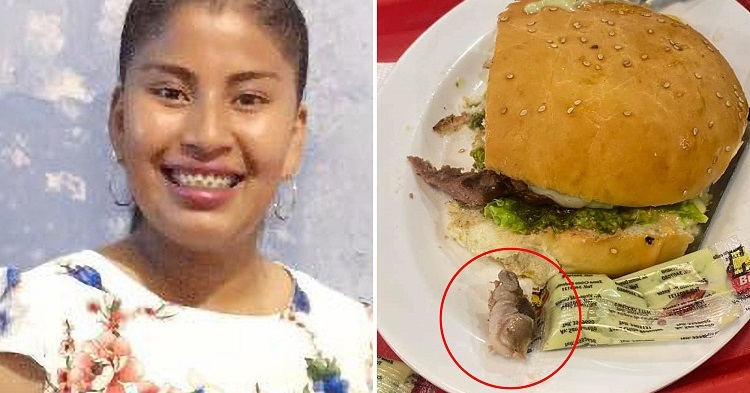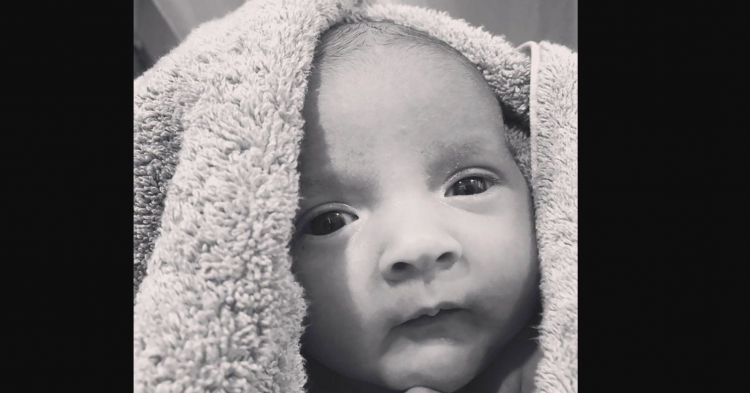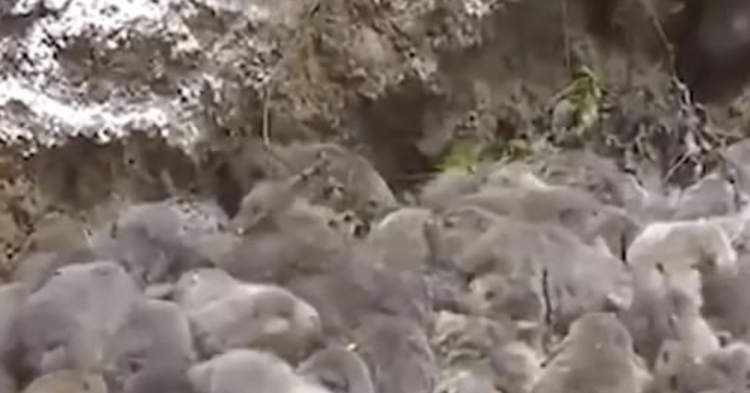The mother orca whale named Tahlequah or J35 became famous around the world when she did something incredible. Her orca calf sadly passed away and she did not want to part with him, so she carried him with her for an astounding 17 days and a total of around 1,000 miles. Orcas are known to push their babies to the surface to help them breathe, but Tahlequah’s baby never did that. She was trying to push him to the surface so he would finally breathe. And then it likely turned into her going through a grieving period for her offspring. At one point her pod separated from her and marine biologists were concerned for her health. They did not intervene though, and let nature run its own course.
All of this transpired around two years ago. Today people who grieved along with the orca mother can celebrate that she is pregnant again. Scientists recently were taking drone images of the orca pods J, K, and L. This drone flew around 100 feet over the whale pods to record the pregnancies in the pods. This is to done to monitor the well being of the pods. According to drone images taken of her orca pod, it appears that Tahlequah is pregnant again.
It generally isn’t typical to release current orca whale pregnancies to the public. But because of the public investment into the tragic death of Tahlequah’s calf, the researchers decided to announce her pregnancy to hopefully make the public aware of the good news for the once grieving mother killer whale.
Truth be told southern orca pods have been struggling in recent years. Many of the whale pregnancies end in a dead calf or are lost before the calf is full term. The orca whales in the south seas only account for about 72 whales. This is why researchers monitor the whales that are pregnant and keep records of how many end up being successful. Marine biologists believe that so many orca whale pregnancies do not make it full term due to poor diet. The orca whales primarily eat salmon, of which there is a lack of in recent years. Tahlequah’s last calf that died was the first recorded calf in three years. Pods J and L had two successful calf births.
It will take some time before Tahlequah’s new calf will be born since a whale’s gestation period is about two years. Tahlequah’s calf will be anticipated with excitement by the world and by the researchers monitoring her every step of the way. Scientists have been trying to get fisherman to give the whales plenty of space during this time so hopefully Tahlequah’s baby will come to full term, and be born alive.







